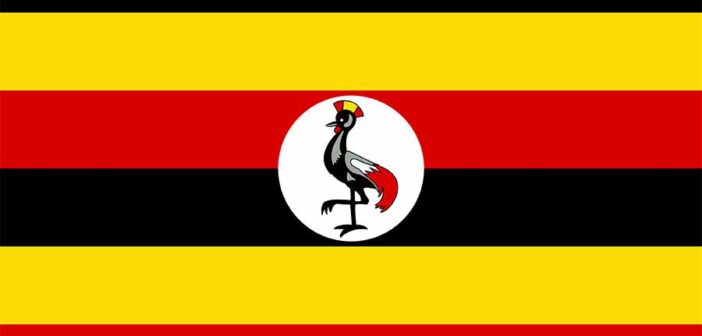- “The Last King of Scotland” (2006): This acclaimed film stars Forest Whitaker as Idi Amin, the former dictator of Uganda. It showcases the political turmoil in Uganda during the 1970s.
- “Queen of Katwe” (2016): Based on a true story, this inspiring film follows the journey of a young girl from the slums of Katwe in Kampala. Through the game of chess, she discovers her talent and fights against all odds to become a champion.
- “The Constant Gardener” (2005): Although not entirely set in Uganda, this gripping drama starring Ralph Fiennes and Rachel Weisz highlights the pharmaceutical industry’s presence in Africa. It sheds light on corruption, exploitation, and the fight for justice.
- “War Dance” (2007): This documentary film tells the heartwarming story of three Ugandan children who use music and dance as a form of resistance against the atrocities they have experienced during the Northern Uganda conflict.
- “Call Me Kuchu” (2012): This powerful documentary explores the struggles faced by the LGBTQ+ community in Uganda, particularly highlighting the life and tragic death of prominent activist David Kato.
- These movies offer diverse perspectives on Ugandan history, culture, and contemporary issues, providing a glimpse into the country’s rich and complex narrative.
- “Kintu” by Jennifer Nansubuga Makumbi: This epic novel spans generations and delves into the history of Uganda through the story of a cursed bloodline. It explores themes of tradition, family, and the impact of colonialism.
- “Waiting” by Goretti Kyomuhendo: Set in rural Uganda, this novel portrays the struggles and dreams of a group of women living in a refugee camp. It offers a powerful depiction of resilience and the search for a better future.
- “The River Between” by Ngugi wa Thiong’o: Although not solely set in Uganda (also covering Kenya), this novel is a significant piece of East African literature. It explores the clash between traditional and Christian values in a fictional village in the early colonial period.
- “Cassandra” by Mary Karooro Okurut: This novel follows the journey of a young Ugandan woman who goes from a village school to the city, experiencing the challenges faced by many women in a patriarchal society. It touches upon themes of education, empowerment, and tribalism.
- “Abyssinian Chronicles” by Moses Isegawa: While primarily set in Uganda, this novel also encompasses the political turmoil of neighbouring countries in the 1970s. It chronicles the life of a young man named Mugezi and his experiences with dictatorship and exile.
WANDERLIST: Uganda in books and on film
0
Share.




